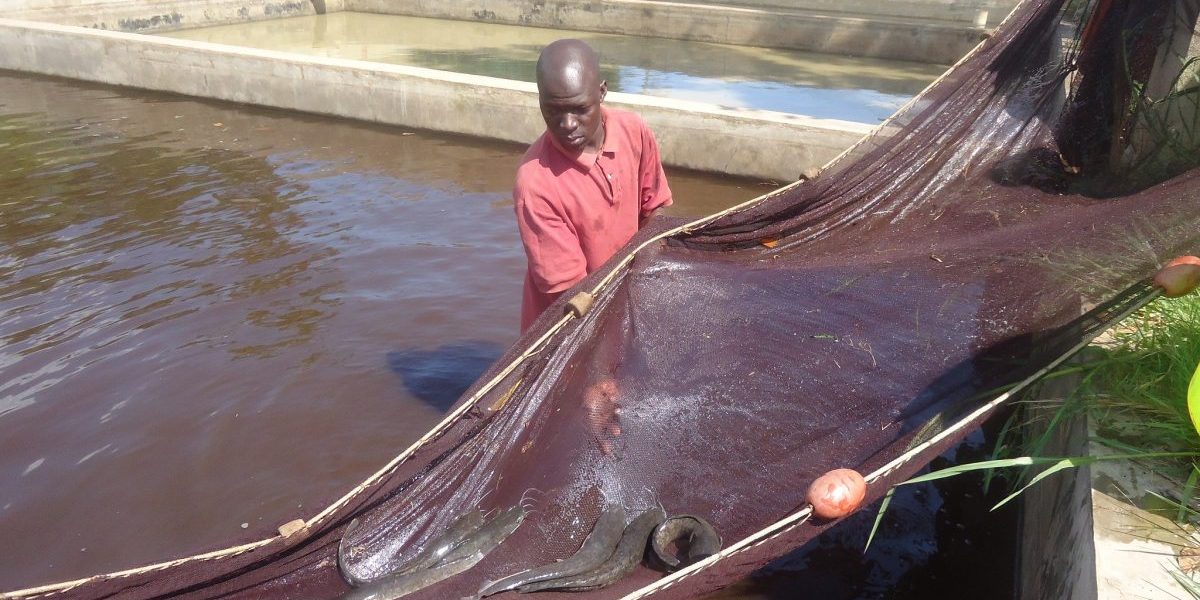Developing countries are particularly vulnerable to climate change, not only as a consequence of resource and technology constraints to adapt to climate change, but also due to a greater reliance on the productive capacity of land and natural systems. Agriculture employs 65% of Africa’s labour force and accounts for 32% of its gross domestic product. Fisheries play a critical role in contributing to food security in many African states, as well as in supporting livelihoods through economic activity in the capture, processing and trade of fish products.
Although agriculture has received significant attention in the climate change discourse, particularly related to adaptation and food security in Africa, there has been insufficient focus given to the critical role of fisheries as an economic activity and source of nutrition in many African states. African countries are among the most vulnerable to climate change impacts on fisheries. It is important for fisheries-dependent states to ensure that the issue of climate change impacts on marine and freshwater systems and fisheries communities are integrated into their national adaptation plans. Fisheries should also be given due recognition in regional and continental policymaking on African adaptation to climate change.








